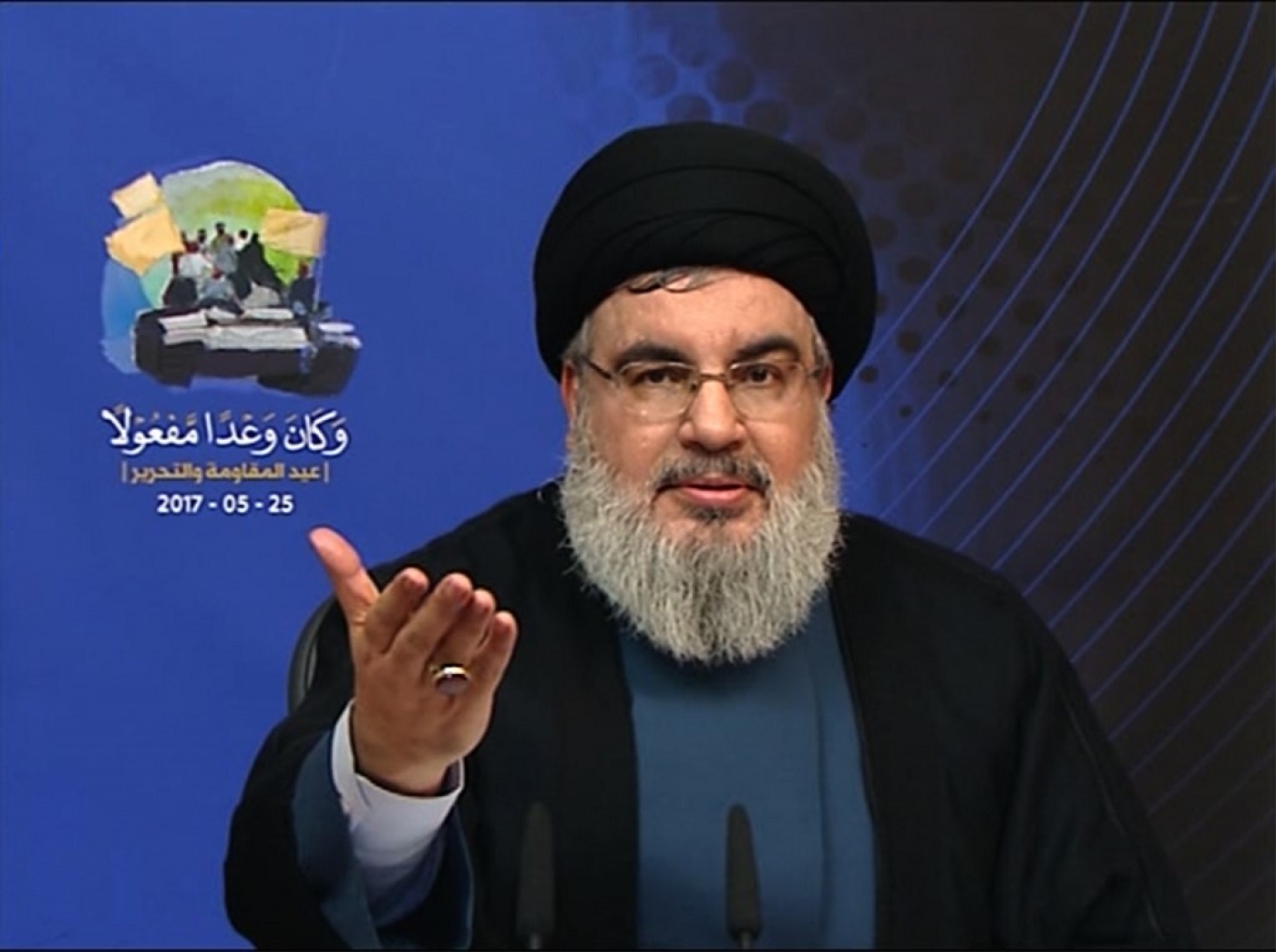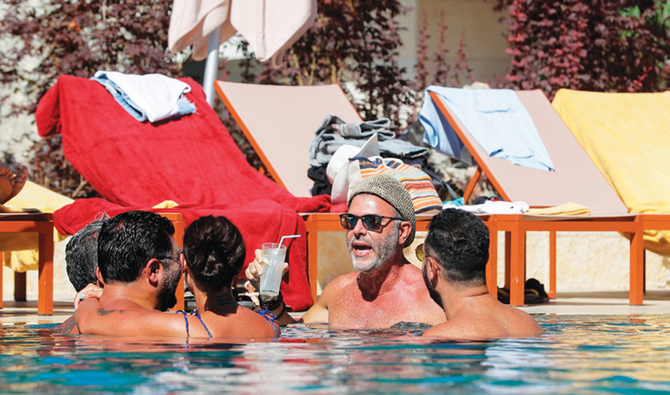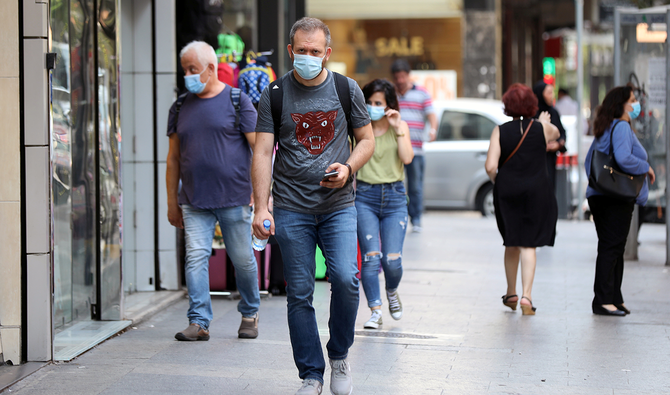
by middleeasteye.net — US President Donald Trump has renewed a 13-year national emergency order over the political situation in Lebanon, citing Iran’s “ongoing” weapons transfers to Hezbollah. The order ensures the legal grounds for the US president to levy sanctions and “to deal with the unusual and extraordinary threat to the national security and foreign policy of the United States” due to Hezbollah’s presence in Lebanon, a statement released by the White House on Wednesday said. The administration said “certain persons” – alluding to members of Hezbollah and its allies – were seeking to undermine the Lebanese government. Lebanon has been dealing with several crises during the past year, from the coronavirus pandemic to a plummeting economy and recent skirmishes with the Israeli army on its southern border. Hezbollah, an Iran-backed group, is a major political party in Lebanon and consolidated its influence in the state’s affairs in 2018 after winning, along with its allies, a small majority in national elections. The US designated Hezbollah a “foreign terrorist group” in 1997.
Despite Hezbollah’s growing influence within the Lebanese government, the White House’s order alleged “certain persons” were deliberately working to “break down” the rule of law in Lebanon “through politically motivated violence and intimidation”. “Certain ongoing activities, such as Iran’s continuing arms transfers to Hizballah – which include increasingly sophisticated weapons systems – serve to undermine Lebanese sovereignty, contribute to political and economic instability in the region, and continue to constitute an unusual and extraordinary threat to [US] national security and foreign policy,” the White House said. Washington is particularly concerned by those allegedly seeking to “reassert Syrian control or contribute to Syrian interference in Lebanon”, the order said. The annual move, entitled “Continuation of National Emergency with Respect to Lebanon”, has been renewed every year since it was declared by former President George W Bush in 2007. Bush’s order said the United States would freeze the property and assets of anyone trying to undermine Lebanon’s democratically elected government.





